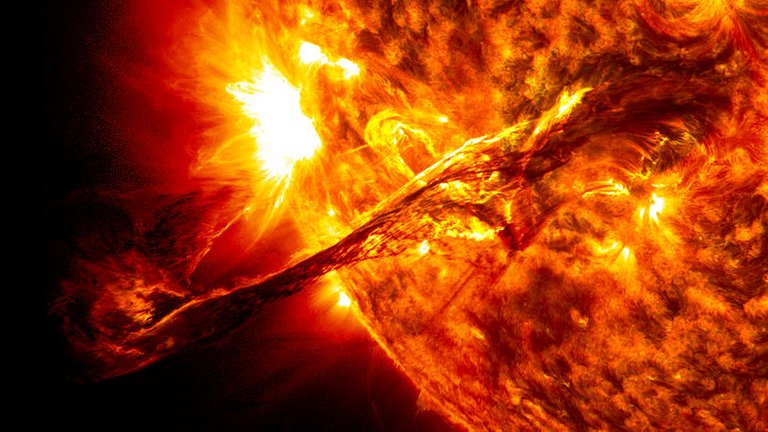
Image by Wikimedia Commons - CC0
This is not a religious post in any way, what I hope to talk about here is the enormous power and energy the Sun possess, and the vital role it plays in powering the solar system, thereby creating and maintaining life in the process. I decided to take a break from The Human Life Series I was working on, to create a filler post, since I have been away for about a week due to some offline engagement. Back to the matter, hitherto, the earth is the only planet that has been confirmed to possess life, and to be more specific - intelligent life. Although the quest to find alien life has led man in exploring the corners of the solar system, that recent discoveries suggest can harbour life, Enceladus, and Europa, lead the trail as the choice destination moons likely to possess life. Both moons are orbiting their respective Jovian star planets; Saturn and Jupiter, respectively. But Elon Musk and his SpaceX project are bullish that Mars is a better prospect to host the future interplanetary man, despite all the challenges associated with the planet, it will be interesting to see how that one turns out.
Introduction
I have always been fascinated by the Sun and its enormous significance in our solar system, the ever-present star has far more significance in our lives than many of the gods that we humans have chosen to worship ever will; an act we probably picked up out of boredom, or maybe out of the need to believe in something, who knows?. The energy the Sun has been consistently producing since its birth 5 billion years ago, has been the most important driving force behind the creation and sustenance of life here on earth. Unfortunately, the demise of the solar solar system with the earth at the fore of this event, is going to be as a result of the Sun’s death. This goes on to prove that nothing truly lasts forever, not even the Sun!
Today, we will look at the role the Sun played in making the world we live in today habitable, and the role it continues to play in the sustenance of life on earth. This massive body, known to be the largest object in our solar system is primarily made up of hydrogen and helium, and through a process known as nuclear fusion react, it is able to produce about 386 billion billion megawatts, the estimated power of the Sun.
The Solar System and the Sun
A little History Won’t hurt
The Solar System as we have come to know is about 4.568 billion years old, it has its origin in the gravitational collapse (which is the shrinkage of an astronomical body as a result of its gravitational pull towards itself) of a massive stellar nursery or molecular cloud. Evidence suggests that the Sun is a vast majority of the system’s mass, while Jupiter makes up the remaining of the mass. The terrestrial planets, Venus, Mercury, Earth and Mars, which are the smaller planets of the Solar System are primarily composed of metal and rock.
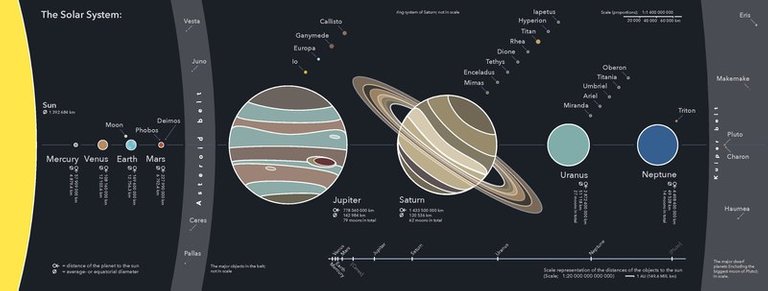
Image by Beinahegut - Wikimedia Commons (CC BY-SA 4.0)
While the Jovian Planets which are significantly larger than the terrestrial planets are also known as giants giant; that is primarily composed of helium and hydrogen. The composition of the Jovian planets slightly varies, Jupiter and Saturn which the bigger planets among the bunch, are primarily composed of hydrogen and helium, while Neptune and Uranus are made up of substances with a high melting point, substances like water and methane.
Why the Planets Orbit the Sun
Being a Nigerian, my conversations with the average folks' about outer space and interstellar bodies can be a daunting endeavour, and being asked bizarre questions is nothing new. It is often rare to find bright younglings ask the right questions, and recently I met a young 12-year-old that asked: “Why do the other planets go around the Sun?”. Best question ever! And, we can’t possibly talk about the Sun and the solar system, without first talking about why the other planets orbit around the sun. A better question would be “why do the Earth and the other planets orbit the Sun, and not the Sun orbiting any of the planets?”
The simple reason why a planet orbits the Sun and not the other way around is that ‘the lighter object orbits the heavier one, just as the NASA satellite orbits the earth. And like we mentioned earlier on, the Sun is the heaviest object in our Solar System, 1000X heavier than Jupiter, which is the heaviest planet in the solar system. And why the planets orbit the Sun? Now, if the Sun being the heaviest object in the Solar System exerts its massive gravitational pull on the planet, then all the planets will have just fallen into the Sun and get roasted to a crisp. Sir Isaac Newton was the first person to be able to explain a brilliant concept of how the planets are able to orbit the Sun without getting burnt.
Newton found out the reason is similar to why objects fall to the earth when we let them out of our grip. The gravity of the Sun pulls on the planets, in a similar fashion to how the earth pulls down any item that is not held by a force. And what keeps the planets from falling into the Sun is the planets are constantly in a sideways motion. A practical example will be having a heavy object tied to the end of a string, swinging this object around implies that you are constantly pulling the object towards the centre of your hands like the Sun pulls on all the planets in orbit, but that sideways motion is what keeps the heavy object swinging around. So without the sideways motion, it will get pulled into the Sun, and without the pull towards the Sun’s centre, the heavy object will fly off in a straight line, which is what happens when you cut the string mid-way while the heavy object is in motion.
Weather and the Sun
Another way the Sun’s importance is unquestionable to the earth is the determination of the earth’s climatic conditions. The heat from the Sun warms the earth, hereby heating the oceans, the surface and the atmosphere in the process. The energy in our atmosphere is the major driving force behind the weather condition at a given point in time (the weather is the current condition of the atmosphere, which includes the wind, humidity, rainfall and temperature in a given area), the climate is greatly affected by the quantity of solar radiation that hits the earth (while the climate is the aggregated weather condition over a prolonged period of time).
The Sun releases an enormous amount of energy into space, and some of that energy reaches the surface of the earth through a transport mechanism called radiation. The solar radiation that comes from the Sun is poorly absorbed by the atmosphere, a huge chunk of it passed the atmosphere and hits the surface of the Earth, and when this happens, the Earth begins to heat up, and some of us may know, a great absorber is also a great emitter. The already heated Earth now release this heat in the form of long-wave radiation, which a majority of it being the sensible heat that can be called infrared radiation. In the end, the air, and the atmosphere then absorb that radiation. Even if its the Sun that heats up the Earth, it's the Earth’s task to heat the air; which is the reason why the air closer to the earth’s surface is warmer than air found above us as we ascend in altitude.
Reasons For the Seasons
As we just discussed, the solar radiation coming from the Sun is very important in keeping the Earth warm, and this heat in the atmosphere is what drives the weather condition at the various time. As we know, the Sun is a massive object, over a million times bigger than the earth in size, and the rays coming from the Sun travels in parallel lines, the only problem is that our home planet is not flat, it is curved, so this radiation hits the planet at different angles. Radiation travelling from the Sun towards the middle of the Earth near the equator is directly absorbed. But, solar radiation heading upwards the poles either at the southern or northern hemisphere comes at a much lower angle that results in lower radiation reaching the surface.
So in summary, more energy radiation reaches the centre of the Earth, near the equator, and this means warmer temperature, while at the latitudes that are a bit higher receive lower radiation, which means cooler temperatures. Assuming today is the first day of autumn or spring for example, which can be referred to as the equinox (when the Sun is located directly over the equator) and when this happens, the equator is the site where the solar radiation is received the most vertically. And as you stray south or north of the Equator, the radiation from the Sun will be increasingly felt at lower angels, which translate to less energy; and this means, less energy to warm the air. As a rule of thumb, the temperature will always be warmer at the equator, and the other polls, but temperatures do not remain the same all year round.
Earth is tilted on its axis which at 23.5 degrees slant and this results in the northern hemisphere facing the Sun for part of the year, hereby receiving a large chunk of the incoming solar radiation. This is the reason the northern hemisphere is warm during summertime, and the southern hemisphere will be experiencing winter because the Sun angles will be at the opposite and will receiver less energy from the sun. It is never always winter, neither is it always summer, the seasons always change, and every 6 months, the Earth gets tilted to the other direction it was prior.
Final Notes
The Sun has always been a star that interested me and many others around the world, and probably other alien that might be existing in hidden corners of the Solar System. Everything about this object is just incredibly fascinating. From its morphological characteristics to the very way, it comes about its enormous energy in the process known as nuclear fusion reaction, where tons of hydrogen is converted to helium. There are other things I would’ve loved to discuss in the post about the Sun, especially the Sun’s relationship with time, I will probably do it next time.
We are all aware of the gigantic size of the Sun, which amounts for 99% of our Solar System, with this in mind, it will interest you to know that there are other Suns in different corners of the universe that way bigger than our Sun. I hope to write about this sometime soon.
References
Windows 2 Universe - Sun Effect on the Earth
SpacePlace - Why do Planets go around the Sun?
NWClimate - Sun Effects on the Weather

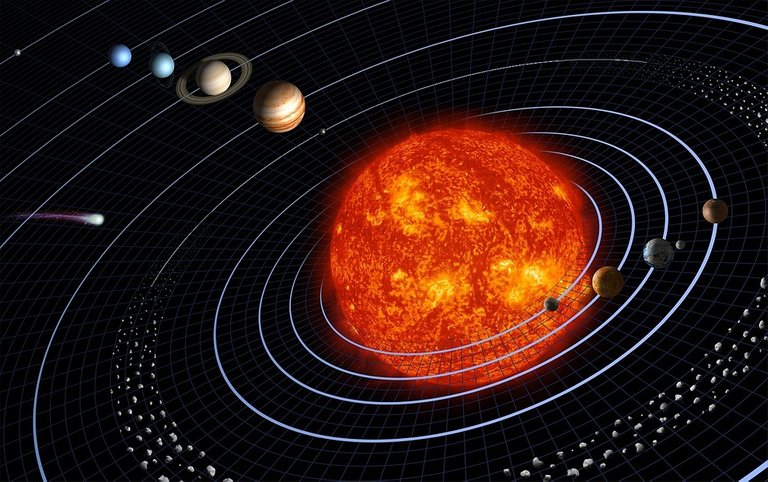
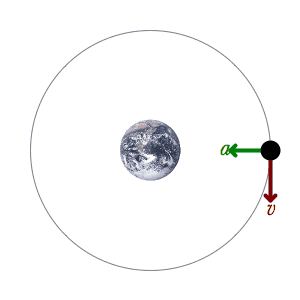

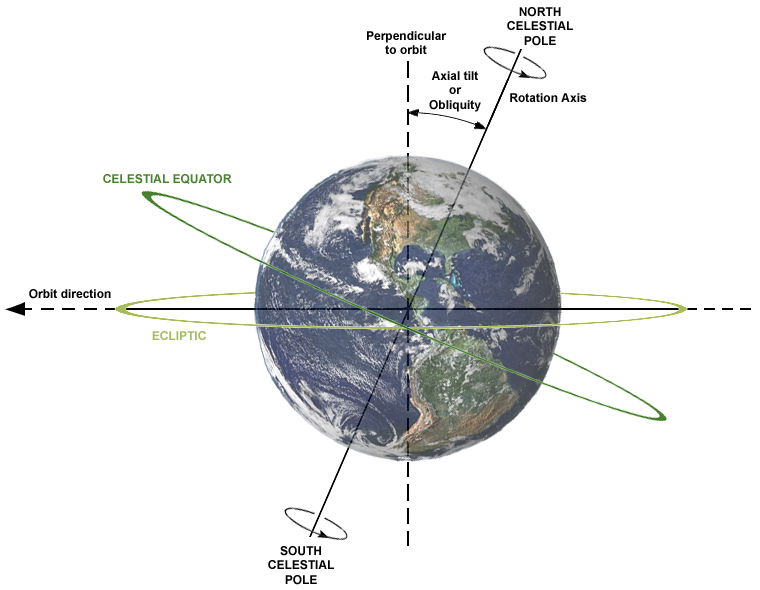
I had no idea about this before, this is interesting, i'd be looking out for this in your subsequent posts.
Thanks for another great post.
Yeah, there are Suns that are 100 times bigger than ours, in fact, our Sun is said to be an average sized star. I will keep you updated once am done writing that piece.
Thanks for the feedback buddy.
Nice information you have here
I would keep that in mind it's new to me
please I want to digress a little
From your topic
Is the Sun The True Godit got me thinking of the true meaning of God because from my little understanding anything can be a God what would you say if u say the sun is the God of the solar systemnot being religious here sirI honestly will agree with you because the Solar System would be in absolute chaos if it wasn't for the Sun, and life on Earth would have been impossible with our Starboy.
So yes! the Sun is the God of our Solar System
Congratulations! Your post has been selected as a daily Steemit truffle! It is listed on rank 3 of all contributions awarded today. You can find the TOP DAILY TRUFFLE PICKS HERE.
I upvoted your contribution because to my mind your post is at least 16 SBD worth and should receive 184 votes. It's now up to the lovely Steemit community to make this come true.
I am
TrufflePig, an Artificial Intelligence Bot that helps minnows and content curators using Machine Learning. If you are curious how I select content, you can find an explanation here!Have a nice day and sincerely yours,

TrufflePigMany thanks!
Had @trufflepig not ranked this post no.3, I'd have ranked it no. 1 of my daily truffle...lol. Fascinating I must say.
However, I don't think the sun gives life to the earth as a planet, I feel the sun is life itself, apart from its role in energy generation, a biologist too will have a thousand things to write about the sun and in a way I feel that differences exists between the suns found in different planets and that's why other planets cannot support intelligent life like the earth we live in.
If science doesn't find a way to manipulate the sun, I don't think life will ever exist in any other planet apart from earth which has a ‘life supporting sun’.
That is an interesting view
The warmth a hen provides to its egg, one of the necessary ingredients required to bring forth a chick, but don't forget to include the egg in the equation. The Sun, no doubt is very important, but the Earth also plays a vital role in the creation and nurturing of life.
About life in other planets, call me a conspiracy theorist, but I deeply believe there is intelligent life in other planets, and in other corners of the universe, but this information is only available to a few sets of people.
I'm wondering, would it come to a point that the sun would use up all its energy? If that happens what would be the fate of the solar system?
Nice piece man
I wrote about the fate of the Earth and the whole Solar System when the Sun dies some time ago, and yes the Sun will run out of energy, but not soon. You see, the Sun is made of hydrogen and helium, the energy the Sun emits is as a result of nuclear fusion reaction, where tons of hydrogen is converted to helium. Unfortunately, this process won't last forever as the Sun will eventually run out of hydrogen to burn.
On the bright side, this won't happen in our lifetime, as it is expected to take about 5 billion years for this doomsday event to unfold, the Sun has already its middle age, and has the other half of its life ahead of it.
I must at this point say that this is a spectacular write up.... Meeeen
Thumbs up bro, even the title was very catchy
Many thanks for your feedback! 😄
This post has been voted on by the steemstem curation team and voting trail.
There is more to SteemSTEM than just writing posts, check here for some more tips on being a community member. You can also join our discord here to get to know the rest of the community!
This excellent post was included in the latest issue of The Inbox Runneth Over. Stop by when you have a minute and see what else I found along the trail. Your companions here are all interesting in their own way, and your support for this project and especially its occupants would be very much appreciated. Thank you for everything. Have a lovely day!